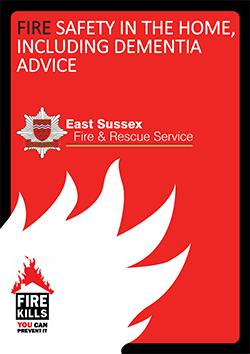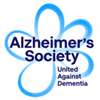Our approach to partnership work reflects our commitment to the Core Code of Ethics.
Safeguarding
Safeguarding is everyone's responsibility and all staff who, during the course of their employment, have direct or indirect contact with children and families and vulnerable adults or who have access to information about them, have a responsibility to safeguard and promote the welfare of children and vulnerable adults.
Our commitment to safeguarding
We are committed to protecting and supporting vulnerable people including children, young people or adults.
The Service recognises the significant role it can play in partnership with other agencies and works with the adult and children’s safeguarding boards for Brighton and Hove and East Sussex.
The Service will support people by:
- Taking a proactive role in local children’s and adults safeguarding boards
- Carrying out Home Safety Visits to reduce the risk from fire and other sources and identify other areas of vulnerability for referral to partner agencies
- Actively supporting the White Ribbon Campaign against domestic violence
- Ensuring all staff and community volunteers complete safeguarding training
- Raise awareness among staff of modern slavery and actions to be taken if they suspect people are being exploited
- Work in partnership with The Portal & RISE who work with individuals, families and communities across England and Wales that are affected by drugs, alcohol, crime, homelessness, domestic abuse, and anti-social behaviour
Useful links for advice and support
- Brighton and Hove Safeguarding Children Board and advice
- Brighton and Hove Adults Safeguarding Board and advice
- East Sussex Safeguarding Children's Board and advice
- East Sussex Safeguarding Adults Board and advice
- Safety Net - Works to improve safety and well-being for children, young people and families at home, school and in their communities.
- The Portal – East Sussex - Change, grow, live (CGL) provides information, advocacy and practical and emotional support to women and men living with domestic abuse and violence in the East Sussex area.
- RISE UK - A charity providing sanctuary and support in Sussex since 1994.
Health Partnerships
People’s health and economic status, such as their mobility, mental health, smoking habits, and finding it difficult to heat their home, affects the risk of having a fire and the ability to escape from fire.
We would love to hear from organisations which we can work with to help keep people safe.
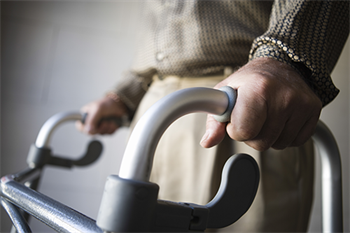
Signposting
We can signpost people to partner agencies and organisations offering help and support. This may be as part of a Home Safety Visit or during community events and interactions.
Collaborative work with GP surgeries
We work with GP surgeries to deliver home safety visits to those most at risk from accidental dwelling fires.
So far 10 surgeries have come forward to be part of this innovative project, and invitations offering home safety visits have been sent to those people on the falls, frailty and Dementia registers.
This project will be expanded, so we can continue to deliver home safety visits to the most vulnerable people in our community.
For more information contact
Sophie Hepworth, Partnership and Engagement manager
- sophie.hepworth@esfrs.org
- Tel: 01323 462075
Dementia Friendly

We know that any emergency situation is stressful and this is especially true for people living with dementia, their family and carers.
Preventing emergencies is key and emergency services have the skills and understanding to work with communities to prevent the occurrence of, or reduce the impact of these situations.
Our services are delivered to the communities we serve by our most important asset, our staff. We understand that as people live and work longer it is increasingly likely that some of our colleagues will find themselves with caring responsibilities for people living with dementia or may themselves develop the condition.
Dementia Friends is an initiative from the Alzheimer’s Society and focuses on learning more about dementia and the small ways you can help. From telling friends about Dementia Friends to visiting someone you know living with dementia, every action counts.
Emergency Services Strategic Commitment on dementia
Our Strategic commitment
As an organisation that represents emergency services we therefore make the following strategic commitments:
We Will
- work towards being dementia friendly employers with suitable employment policies and procedures in place to allow us to support colleagues who become carers or those who themselves develop dementia.
- ensure staff have the necessary awareness, skills and understanding to recognise and support people living with dementia before, during and after an emergency incident.
- work together and with our local partners to maintain and improve the general safety of people living with dementia, their families and carers.
- support Alzheimer’s Society in their quest to develop more dementia-friendly communities and Dementia Friends in line with the Prime Minister’s Challenge on Dementia and the subsequent duty on all public services.
Staying up to date
These commitments will improve our services and care for people living with dementia, our policies and procedures, practices, training and the application of all that we do will require regular updates and assessment to ensure we keep pace with developments in the fight against this disease.
To this end, we commit to working closely with recognised experts in organisations such as Alzheimer’s Society to seek best practice for the practical application of this pledge and to invite robust review as we continually challenge ourselves; and our organisations to improve our services in the communities we serve.
Exchanging Places
Would you like to host an Exchanging Places event?
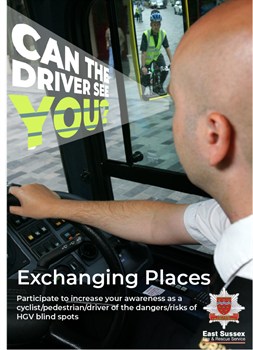
Exchanging Places is an initiative to encourage responsible cycling and to raise awareness of HGV/PCV blind spots to cyclists, drivers and pedestrians.
Cyclists, pedestrians and drivers are given the opportunity to sit in an HGV and watch as another cyclist travels alongside the vehicle.
We will provide demonstrations of the best places for a cyclist to position themselves when passing an HGV and are also on hand to answer any questions cyclists may have.
The initiative aims to;
- increase awareness amongst cyclists of the dangers/risks of HGV blind spots and
- encourage cyclists to adopt safer riding strategies, especially around junctions.
Further information
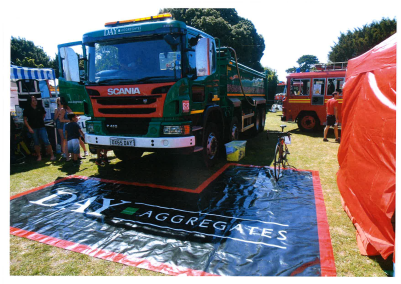
For more information on Exchanging Places, please contact Susan.Taylor@esfrs.org





